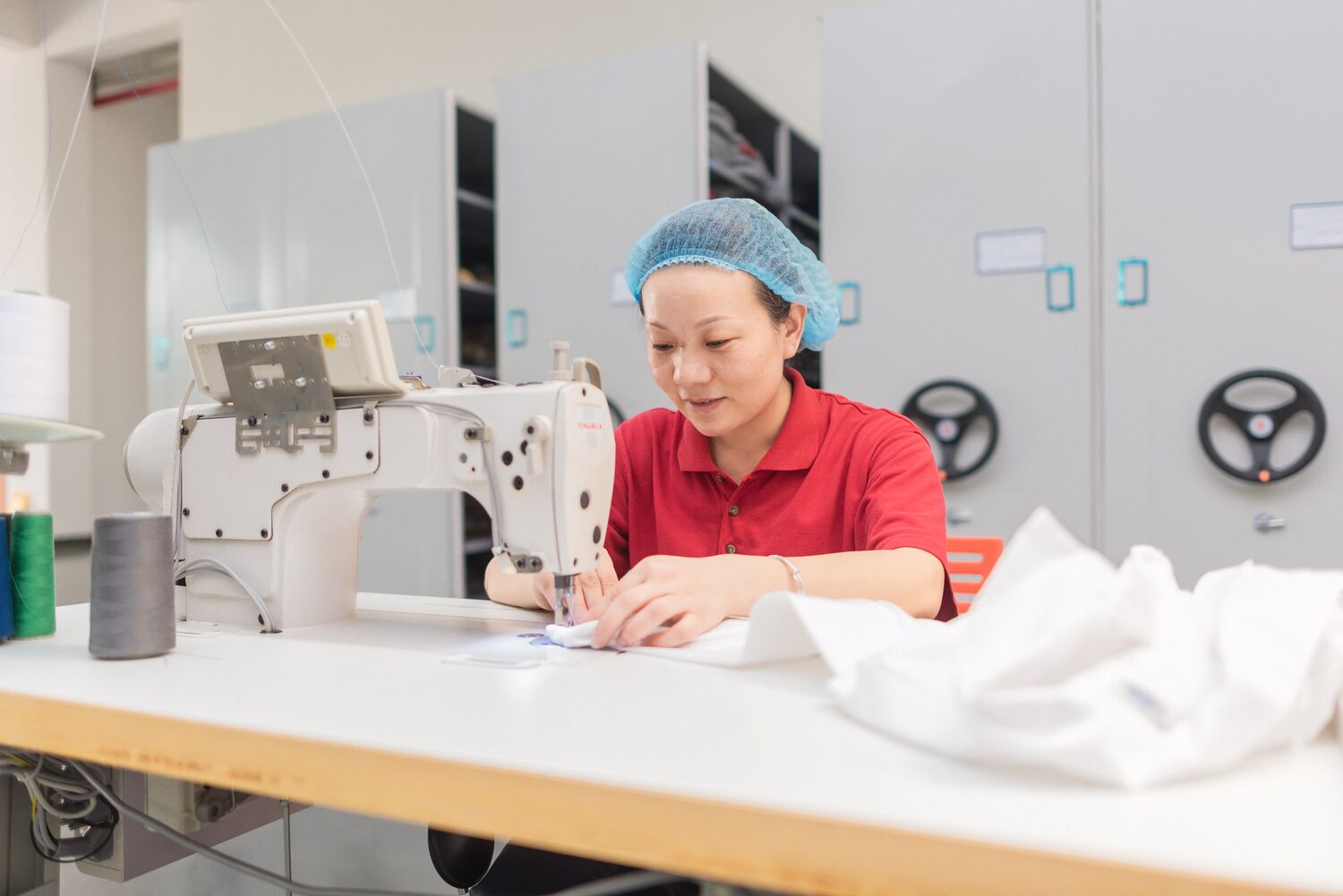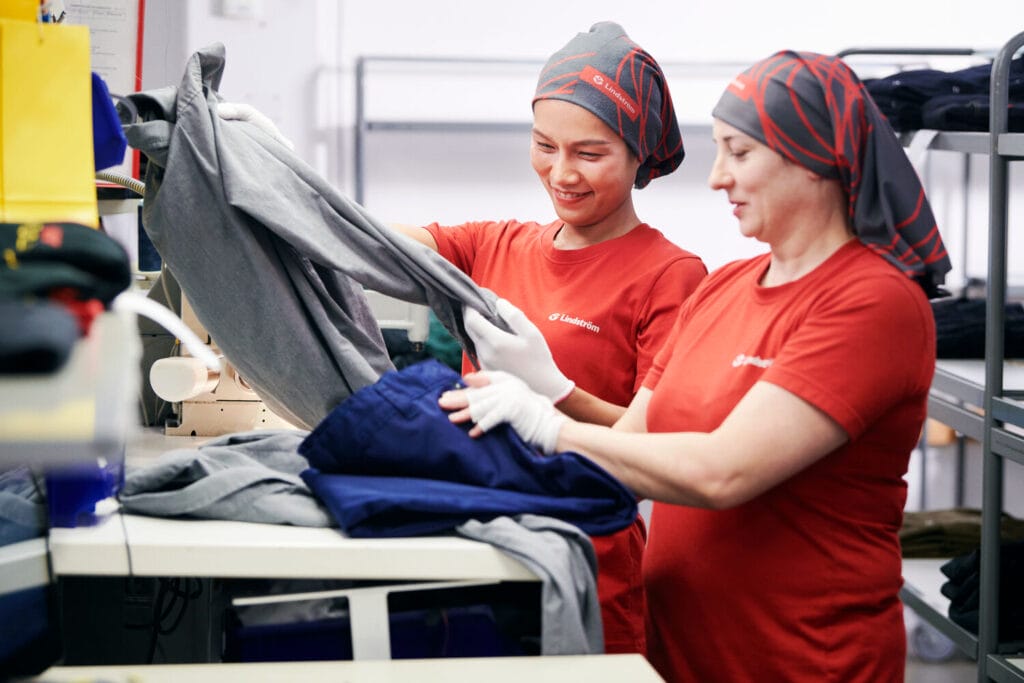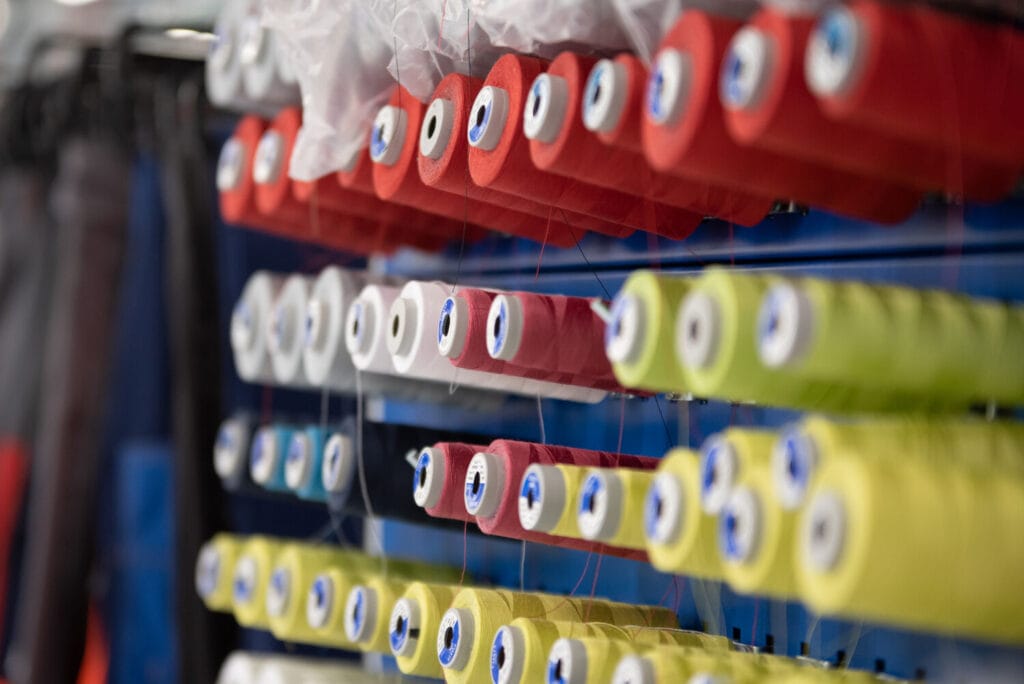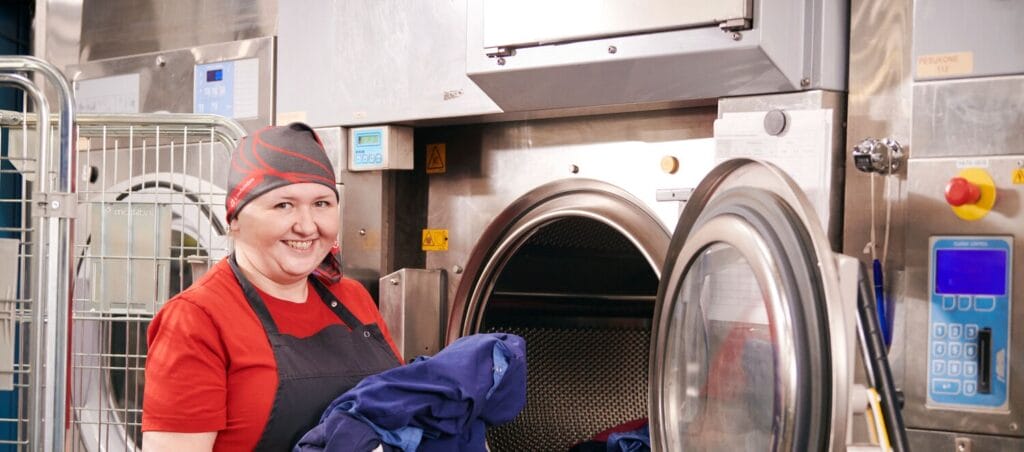
Value-creation with textile waste in China
China has the largest textile industry in the world, and over 20 million tons of textile waste gets thrown away every year. Now the country is accelerating its sustainable development by setting ambitious goals and development actions. In its 5-year plan for the textile industry, the country aims to promote circular economy development by supporting textile waste recycling and reusing enterprises. In the Chinese market, there are already several players using textile waste as raw material for their products. This year, we have started co-operation with three such companies. Those partners now receive textile waste from five of our six business units in China and recycle almost 40% of the textile waste that ended up mainly in energy recovery and landfills just a year earlier.
“The best part with these collaborations is that we are not only promoting circular economy but also creating value from our waste. Previously, we had to pay for the disposal of our textile waste. Now it is a source of income for us as it is a valuable raw material for our recycling partners,” explains James Wang, our Operations Excellence Manager in China.
Textiles made of 100% cotton or polyester are easiest to recycle and have the highest value in the Chinese recycling market. They end up, for example, as plastic particles or as fibers back to the textile industry. In China, there are also mature processing techniques for white cotton-polyester fabrics that are used for fiber production or insulation materials. Dark cotton-polyester fabrics, however, form more than half of our textile waste and are more difficult and expensive to recycle. Only a few companies in the Chinese recycling industry have invested in the decolourisation equipment required by dark fabrics.
“The main task for 2022 is to find more recycling partners that can handle dark cotton-polyester fabrics and to find partners for Suzhou and Chengdu areas. Our goal is to take an equally big leap next year and recycle 70–80% of our textile waste,” Wang shares.





